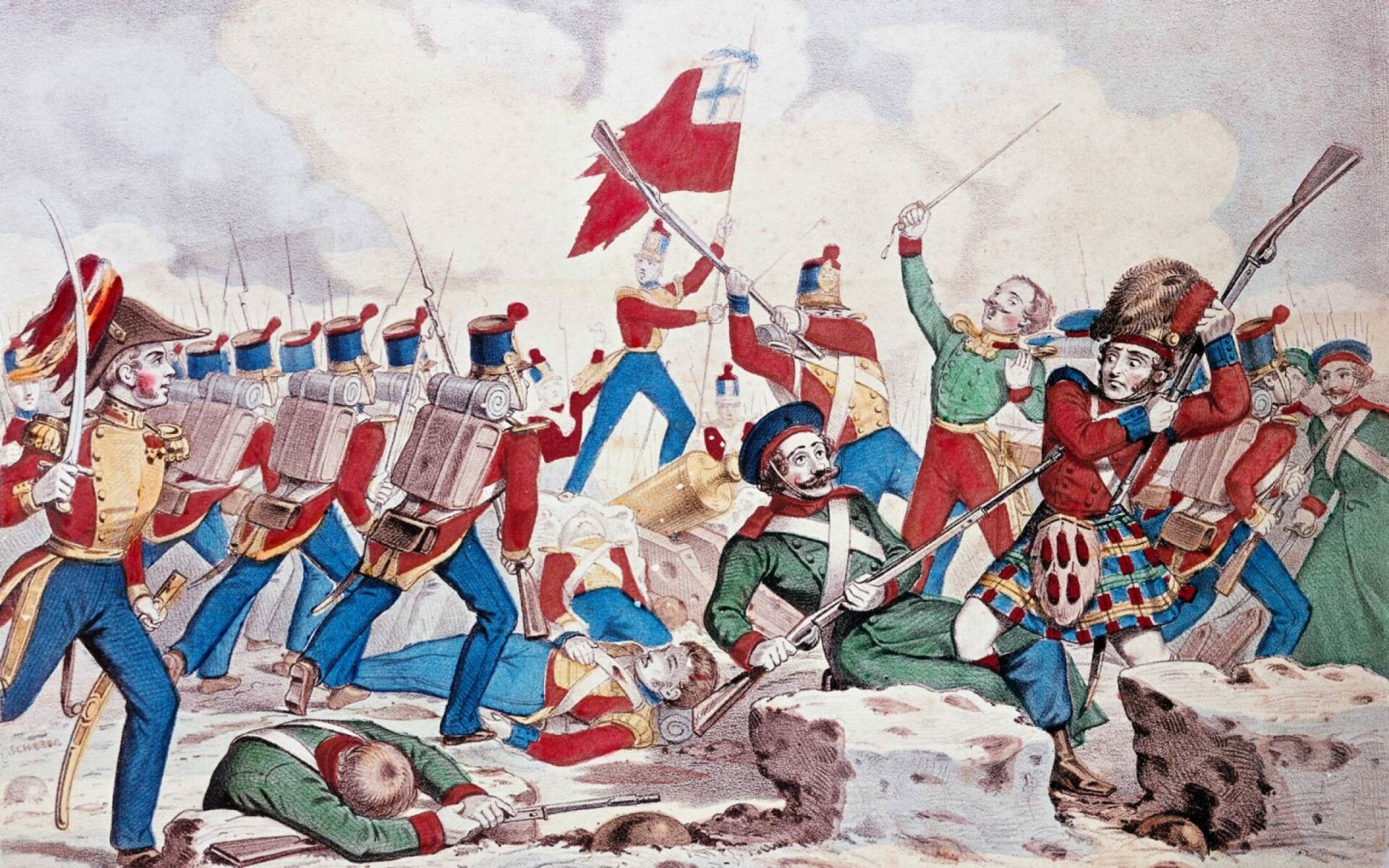The way in which certain simple matters of fact are sometimes dealt with in the West when the subject is Russia illustrates the problem of understanding the historical development of a relatively isolated nation. For example, for years some writers insisted that Lenin’s first name was Nikolai or Nicholas because of his use of the initial N, not understanding Russian and communist customs concerning abbreviations and pseudonyms. This “discovery” was repeated in the American press as recently as 1983.
Many texts give different dates from those given here for certain events; virtually all disagree over the precise sequence of events and over the nature of leadership in the Duma and the first Soviet. Events that took place in March according to the Western calendar employed throughout this book are frequently referred to as taking place in February because of the different Russian calendar. The number of deaths in any specific demonstration, mutiny, or battle reveal dramatic discrepancies in different books.
These inconsistencies in both Soviet and modern Western literature on the Russian Revolution are symptomatic of the degree to which Russia was cut off from the West at the time. Matters of straightforward chronology, of fact, even of names or birth and death dates were subjects of rumor or propaganda both inside and outside Russia. Later, when Soviet leadership ordered the rewriting of much of Russian history so that Russian citizens would not have access to other, and thus confusing, points of view, many aspects of Russian history fell under even greater suspicion.
Russian history clearly represents the problems of accurately recording and intelligently interpreting the past when a society has either been long ignored or cut off from alternative interpretations of its past. It also illustrates how a political leadership may attempt to make history as a discipline serve its own ends by rewriting the past to fit contemporary expectations.

